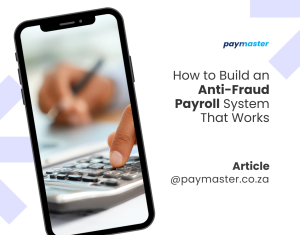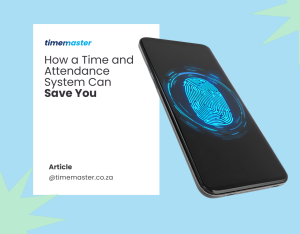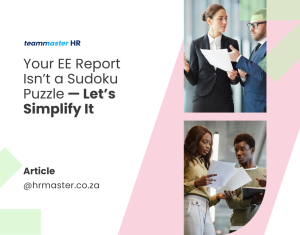Partnering with an accountant is more than just filing tax returns. In fact, it’s about making smart decisions that legally lower your tax bills and help your business grow. Especially in 2025, working closely with a qualified accountant can save you money and help avoid costly errors.
1. Choose the Right Accountant for Your Business Needs
First, you want to find the right accountant who understands your business. Whether you are a sole proprietor, a CC, or a Pty Ltd company, they should know your industry and tax rules.
To start with, check their qualifications like SAICA or SAIPA registration. Next, ask if they have worked with businesses your size or in your sector. Also, it’s important to clarify fees, services, and how quickly they respond — make sure you get all this in writing.
By partnering with an accountant who fits your needs, you set a strong foundation for your financial success.

2. Partnering with an Accountant: Share Accurate and Timely Financial Records
Next, remember your accountant can only help you as much as the data they receive. So, it’s essential to provide accurate and up-to-date financial records.
For example, use cloud accounting tools like QuickBooks or Xero. This way, your accountant gets real-time access. Also, reconcile your books every month and flag any strange transactions immediately. Lastly, keep all receipts, invoices, and tax certificates organised in a digital folder that you can easily share.
Doing these things means you and your accountant can work efficiently and avoid mistakes.
3. Plan for Tax, Don’t Just React
In addition, an accountant can help you look ahead. Instead of scrambling at year-end, plan your tax strategy throughout the year.
Therefore, schedule reviews every quarter or twice a year. This gives you a chance to adjust your plans as needed. Also, consider timing asset purchases or donations before the year ends to maximise your tax benefits. Discuss depreciation, travel claims, or business structure changes with your accountant to make the most of deductions.
This way, partnering with an accountant means you’re always prepared and never caught off guard.

4. Partnering with an Accountant: Use Your Accountant to Navigate SARS Submissions and Audits
Finally, let your accountant take the lead on SARS filings and audits. They can handle EMP501, VAT201, IRP6, and ITR14 submissions accurately on your behalf.
Make sure you give them access to SARS eFiling as a registered practitioner. Furthermore, if SARS sends letters or verification requests, respond quickly with your accountant’s guidance. They know how to manage disputes or audits so you don’t have to stress.
By building a long-term partnership with a reliable accountant, you not only stay compliant but also gain a trusted advisor who supports your business growth every step of the way.





